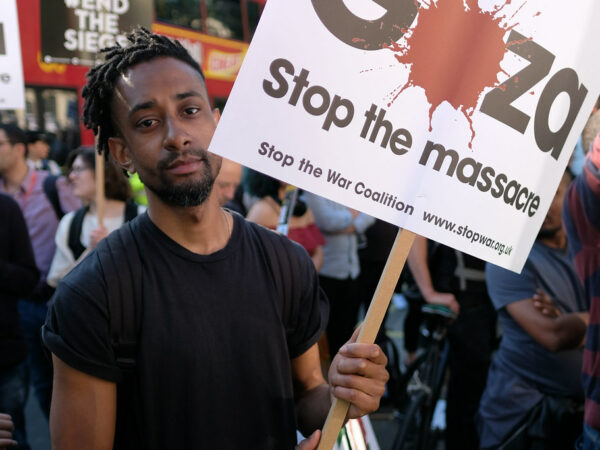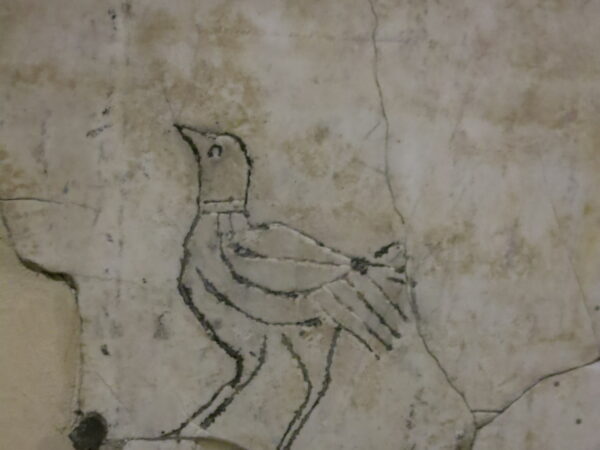
Is it possible to consider an askesis of otherwise imaginaries without falling prey to the ascetic ideal?
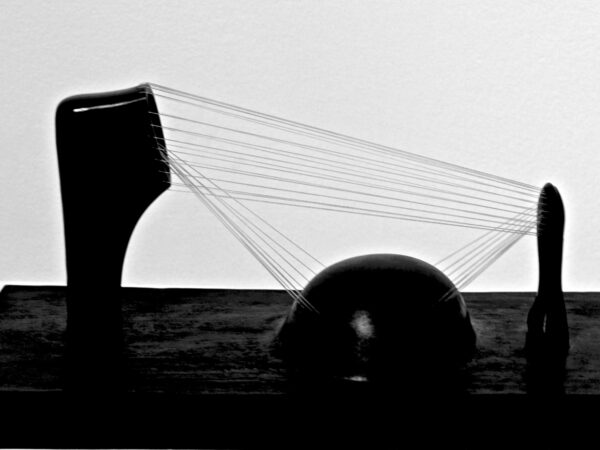
All three texts concern lives: the formed life, the deformed life, and a life without a why – a useless life freed from subjection to transcendence.
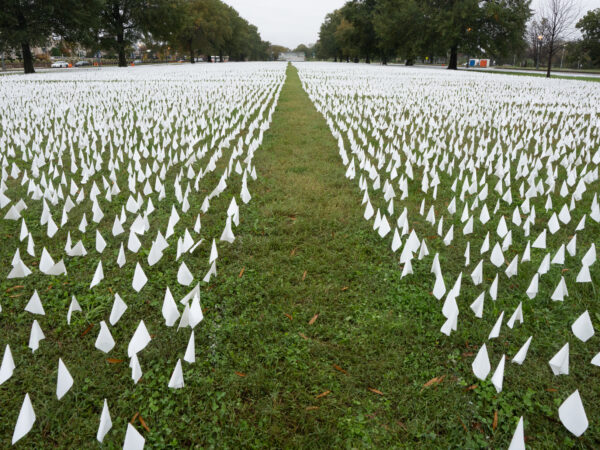
If theorizations of care are to more directly address the current “crisis of care,” we need not only to prioritize the kinds of embodied, particularized care that care ethics has highlighted in the past, but to explore a wider range of caring relationships and their diverse structures.

This guide is an initiative of the Society of Christian Ethics Interest Group on “Christianity and Prison Abolition.” It offers a few ideas and best practices for teaching about prisons in a way that resists deeply embedded carceral language and logics that we might not even know we inhabit.

…dialogues between these two disciplines have revolved around anthropology’s socially situated “is” and theology’s normative “ought,” asking how these disciplines can take what they are allegedly missing from each other. In this way, anthropology and theology recapitulate a much broader divide between religion (as a moral realm) and science (as a purely descriptive domain). This division is fairly recent, growing up since the late nineteenth century (Numbers 2010), but it is now part of our common-sense. I want to question this division in what follows.

A common denominator among most scholarship on the relationship between theology and anthropology is lack of specificity around which and whose anthropology and theology we’re talking about. This overly generalized frame has privileged white, male, Eurocentric intellectual traditions and misses the generative possibilities of a more specific interdisciplinary exchange.

The story of Mary, Joseph, and Jesus is nothing but the story of people fleeing the violence of an authoritarian empire, though the glitter and celebration of Christmas may have muffled the brutal reality of migrants and refuges seeking sanctuary from death. It is in the midst of such imagined Christmas that the veracity of homeless migrants dying in choppy waters and people stuck in border detention camps waiting for a new future gives us a reality check. The violent empires may have faded but their legacies linger on.
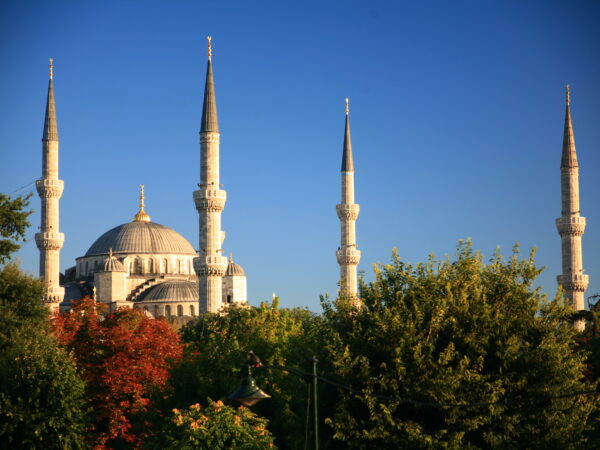
This article explains how insights from recent research in cognitive science can be used to rethink the related phenomena of traditional Islamic ethics and modern Islamist socio-political movements.

The school of Talal Asad has identified virtue ethics as the primary model constituting the continuity of premodern Muslim thought with movements of the modern period. But is this model really the most characteristic common denominator of premodern Islamic thought?

In our times when critical thought is suspect and even scientific facts have become articles of faith in need of defense, to play the double bind between the ethical and the political is the constant task Christians and others must continually engage in. This play contains serious risks, no doubt. What gives grace its generosity and generative capaciousness also makes it liable to be the locus of opportunism and oppression.

